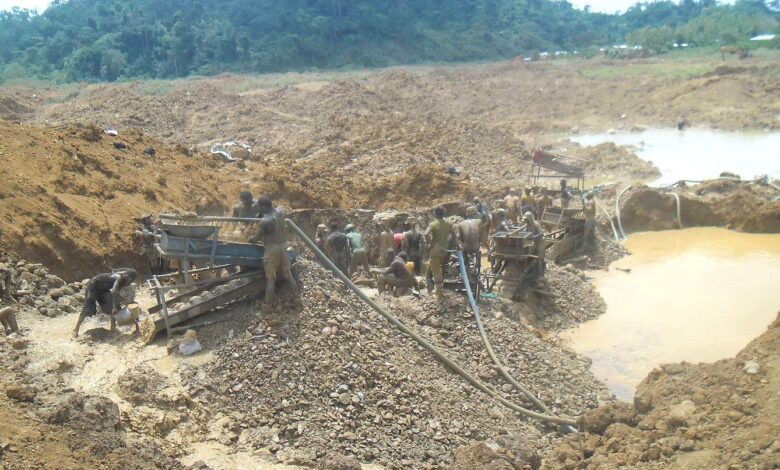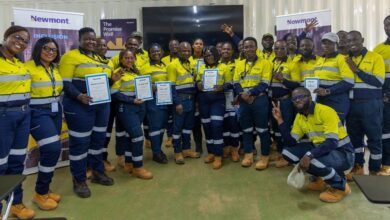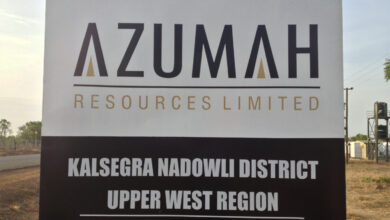EITI Flags Artisanal Mining as Weak Link in Ghana’s Gold Revenue Chain

Ghana’s artisanal and small-scale mining (ASM) sector—though vital to the country’s gold output and rural livelihoods—remains a blind spot in national revenue collection, according to the latest review by the Extractive Industries Transparency Initiative (EITI).
The EITI, in its 2024 assessment, scored Ghana 82.5 out of 100 for its implementation of transparency standards, applauding strides made in contract disclosure, licensing, and ownership transparency. However, the Initiative warns that the ASM sector, which contributes a significant 31% of the country’s gold production, continues to operate largely outside formal structures, creating critical gaps in revenue tracking and oversight.
“Despite the economic importance of the artisanal mining sector, revenue collection remains a challenge due to informality and weak tax systems,” the Ghana EITI (GHEITI) report stated. The report—the first-ever focused solely on ASM in Ghana—highlights irregularities in production data, low withholding tax compliance, and limited access to geological information for operators.
The sector employs an estimated one million people and is central to economic life in many rural areas, yet its informality has allowed loopholes to persist, undermining government efforts to maximise revenues and reduce environmental damage caused by unregulated operations.
EITI Board Chair Helen Clark called for Ghana to intensify its reform agenda. “Ghana EITI should continue to support ongoing government efforts to formalise the artisanal mining sector. I encourage the government to prioritise enhancing the management and governance of state-owned enterprises in order to position the extractive sector strategically for the future,” she said.
This comes at a time when the country is tightening its grip on illegal mining, or galamsey, which has not only eroded state revenues but also devastated water bodies and farmlands. While law enforcement agencies and regulatory bodies have ramped up crackdowns on illegal operations, observers say formalisation—through licensing, education, and proper geological support—offers a more sustainable path.
The 2024 GHEITI report also points to broader progress in the extractive sector. Since its last validation in 2020, Ghana has improved disclosures, strengthened contract and ownership transparency, and launched district-level multi-stakeholder groups to deepen community involvement.
Ghana is now among the 41 of 55 EITI countries disclosing extractive contracts, a jump from 35 in 2021. However, many agreements, annexes, and amendments remain unpublished, limiting full oversight.
Looking ahead, the Opening Extractives programme, a global initiative to eliminate hidden ownership in the extractive industries, is set to expand its support to Ghana in 2025. The initiative aims to embed beneficial ownership transparency into national governance systems and help institutionalise global best practices.
With Ghana’s extractive sector accounting for more than 68% of exports and around 15% of government revenue as of 2020, addressing the gaps in artisanal mining governance could be key to unlocking new revenue streams, boosting investor confidence, and fostering long-term sustainability in the country’s mineral wealth.




